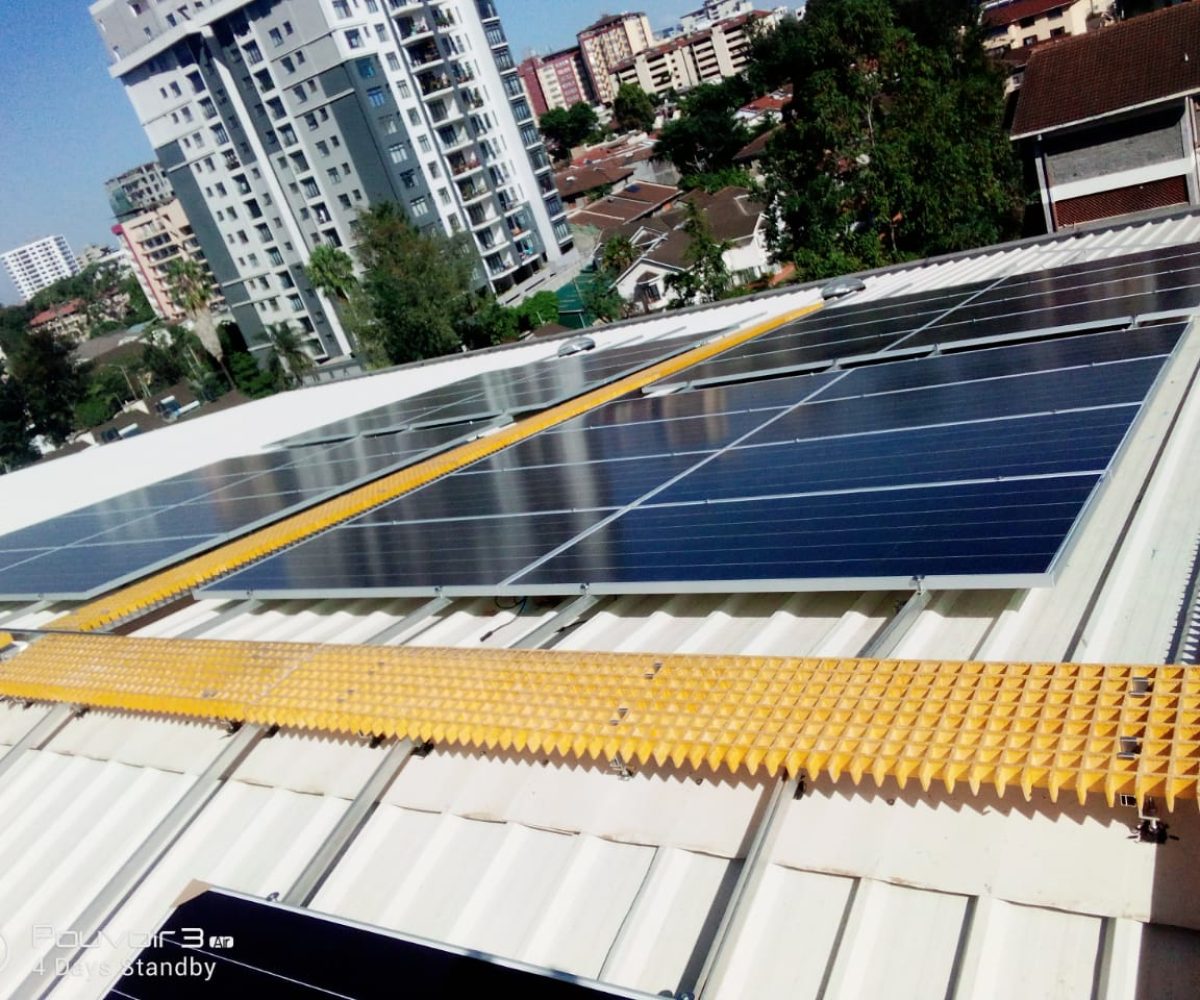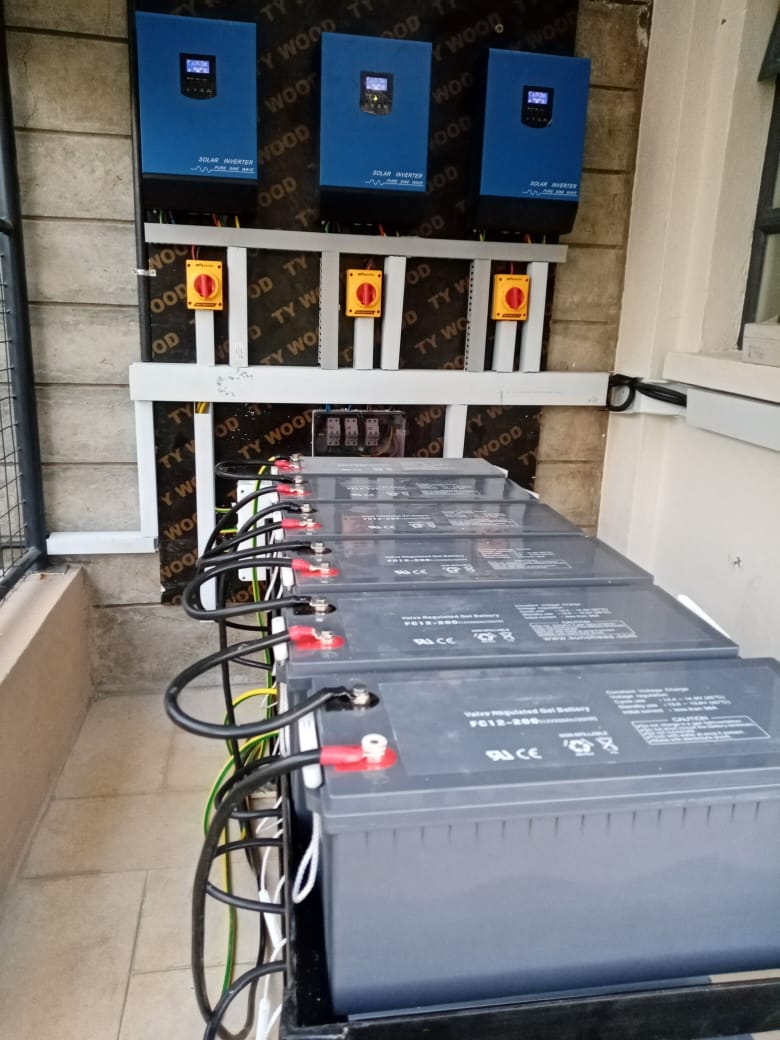In recent years, the world has witnessed an increasing focus on sustainable development and the urgent need to mitigate climate change. The transition to clean energy sources has emerged as a crucial aspect of this global movement. However, there are skeptics who argue that clean energy development presents its own set of challenges and drawbacks. In this blog, we aim to debunk this notion and emphasize that clean energy is, in fact, a part of the solution to our environmental problems, rather than being the issue itself. We will delve into the benefits of clean energy, address common concerns, and highlight the potential it holds for a sustainable future.
The Benefits of Clean Energy:
Climate Change Mitigation: Clean energy, such as solar, wind, and hydroelectric power, does not produce greenhouse gas emissions during operation. By transitioning away from fossil fuels, we can significantly reduce the amount of carbon dioxide and other harmful pollutants released into the atmosphere, thus mitigating climate change and its adverse effects.
Improved Air Quality: Traditional energy sources, like coal and oil, release pollutants that contribute to air pollution and pose serious health risks. Clean energy technologies provide a cleaner alternative, leading to improved air quality and a reduction in respiratory illnesses and other health issues associated with pollution.
Renewable and Sustainable: Unlike fossil fuels, which are finite resources, clean energy sources are renewable and virtually inexhaustible. Solar energy is derived from the sun, wind energy from the wind, and hydroelectric power from flowing water. By harnessing these abundant sources, we can ensure a sustainable and secure energy future for generations to come.
Addressing Common Concerns:
Reliability and Grid Stability: One common concern raised about clean energy is its perceived unreliability. Critics argue that renewable energy sources are intermittent and cannot provide a stable power supply. However, advancements in technology and grid management systems have made significant progress in addressing these challenges. Battery storage systems, for example, can store excess energy generated during peak production periods and release it during low production periods, ensuring a consistent power supply.
Economic Opportunities: Another concern raised is the impact of clean energy development on job markets and the economy. However, the transition to clean energy has the potential to create millions of new jobs in renewable energy industries, manufacturing, and infrastructure development. Investing in clean energy can stimulate economic growth while reducing dependency on unstable fuel markets.
Affordability: Critics often argue that clean energy technologies are expensive and unaffordable for developing nations. However, the cost of renewable energy has been steadily decreasing over the years, thanks to technological advancements, economies of scale, and supportive policies. Furthermore, the long-term economic and health benefits of clean energy outweigh the initial investment, making it a cost-effective solution in the long run.
The Potential for a Sustainable Future:
Clean energy development offers tremendous potential for a sustainable future. It provides an opportunity to reduce our carbon footprint, combat climate change, and create a healthier environment for all living beings. The shift to clean energy technologies also promotes energy independence, reduces geopolitical tensions associated with fossil fuel dependency, and fosters innovation and technological advancements.
Governments, businesses, and individuals must collaborate to support and invest in clean energy development. By implementing supportive policies, offering financial incentives, and encouraging research and development, we can accelerate the transition to a clean energy economy
Clean energy development is not the issue; it is a crucial part of the solution to our environmental challenges. The benefits of clean energy, such as climate change mitigation, improved air quality, and sustainable resource utilization, far outweigh any concerns that skeptics may have. By embracing clean energy technologies and fostering their growth, we can pave the way for a sustainable and thriving future for generations to come. Let




